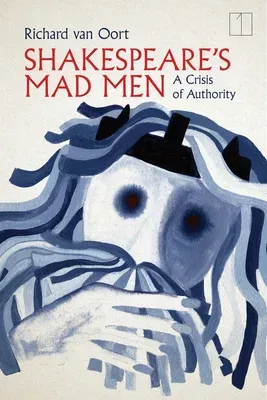Richard Van Oort
(Author)Shakespeare's Mad Men: A Crisis of AuthorityHardcover, 18 October 2022

Qty
1
Turbo
Ships in 2 - 3 days
In Stock
Free Delivery
Cash on Delivery
15 Days
Free Returns
Secure Checkout

Part of Series
Square One: First-Order Questions in the Humanities
Print Length
304 pages
Language
English
Publisher
Stanford University Press
Date Published
18 Oct 2022
ISBN-10
1503632903
ISBN-13
9781503632905
Description
Product Details
Author:
Book Format:
Hardcover
Country of Origin:
US
Date Published:
18 October 2022
Dimensions:
23.11 x
15.49 x
2.54 cm
Genre:
British
ISBN-10:
1503632903
ISBN-13:
9781503632905
Language:
English
Pages:
304
Publisher:
Weight:
580.6 gm